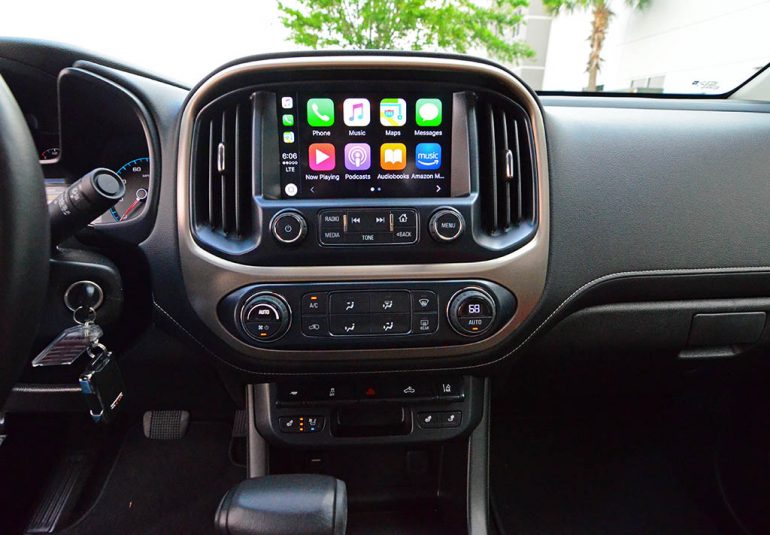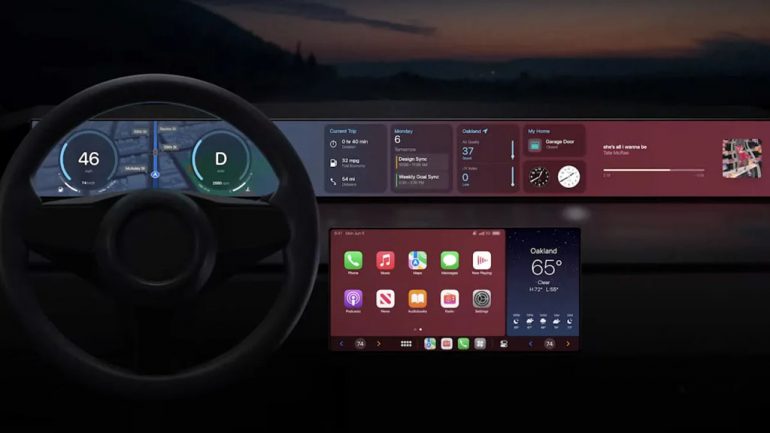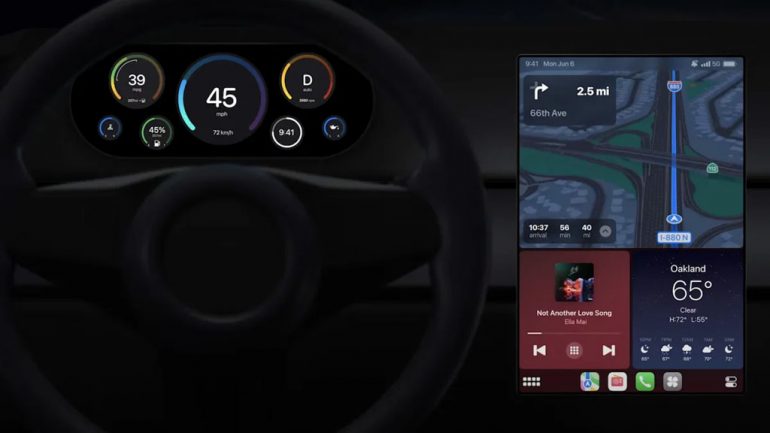
General Motors (GM) recently stirred controversy by announcing its decision to exclude Apple CarPlay and Android Auto from its upcoming electric vehicles (EVs), citing safety concerns as a primary driver for the move. Tim Babbit, GM’s head of product for infotainment, provided insights into the decision to Motor Trend, claiming that the smartphone mirroring technologies were plagued by stability issues, such as bad connections, poor rendering, slow responses, and dropped connections. Babbit argued that these issues could lead drivers to revert to using their phones directly, diverting their attention from the road and undermining the intended safety benefits of phone-mirroring programs.
While Babbit posits that a safer driving experience could be achieved without Apple CarPlay or Android Auto, he also acknowledges that this theory hasn’t been empirically tested in either a lab or real-world setting. Instead of relying on these popular smartphone integration features, GM plans to implement a Google-based infotainment system called “Ultifi” in its upcoming EVs. This system integrates various Google apps, with Google Maps serving as the native navigation app, and aims to provide a seamless user experience without the need to interact with smartphones directly.

However, this strategic shift is not without risks. Consumer reaction to the removal of familiar features like Apple CarPlay and Android Auto is uncertain. There’s a gamble that users may reject the new GM infotainment software, potentially leading to increased phone usage while driving. Babbit also highlights user experience as a factor, noting that compatibility issues with smartphone mirroring technologies often result in negative customer feedback in surveys, potentially impacting GM’s perceived quality scores.

Apart from safety and user experience considerations, Babbit mentions another factor: data ownership. By excluding Apple CarPlay and Android Auto, GM gains control over the data generated by the infotainment system, a valuable asset for marketing and financial purposes. Additionally, there’s a business strategy at play, as future GM EVs will come with free access to Google apps for eight years. After this period, users may need to pay a subscription fee for continued access to these features. This move aligns with a broader trend in the automotive industry, where automakers are seeking new revenue streams through subscription services.

Lloyd Tobias is a seasoned automotive journalist and passionate enthusiast with over 15 years of experience immersed in the world of cars. Whether it’s exploring the latest advancements in automotive technology or keeping a close pulse on breaking industry news, Lloyd brings a sharp perspective and a deep appreciation for all things automotive. His writing blends technical insight with real-world enthusiasm, making his contributions both informative and engaging for readers who share his love for the drive. When he’s not behind the keyboard or under the hood, Lloyd enjoys test driving the newest models and staying ahead of the curve in an ever-evolving automotive landscape.